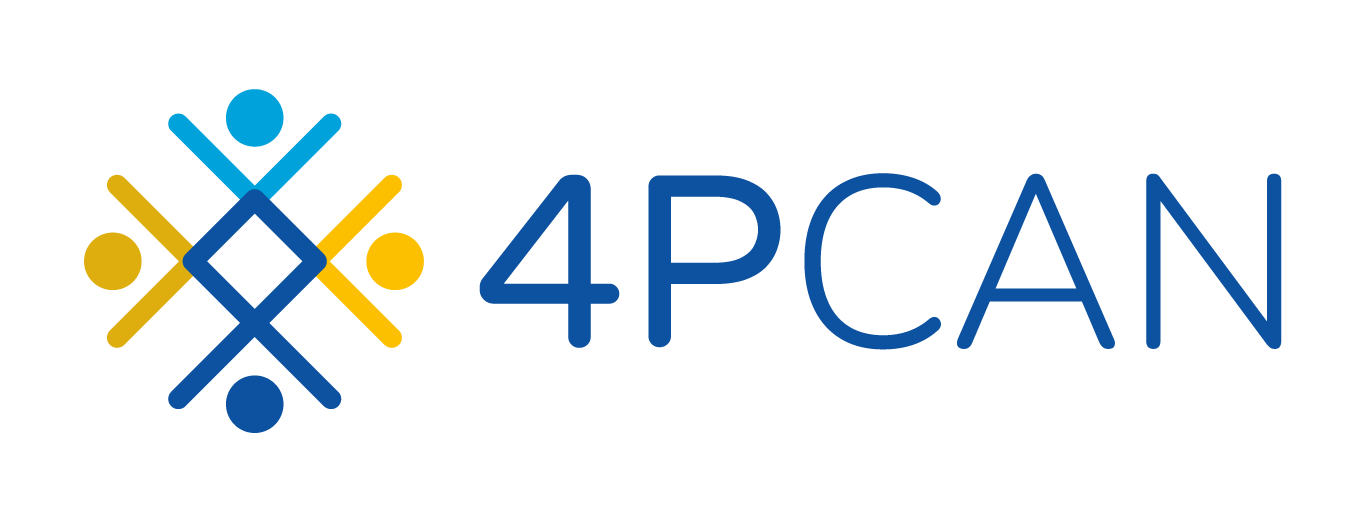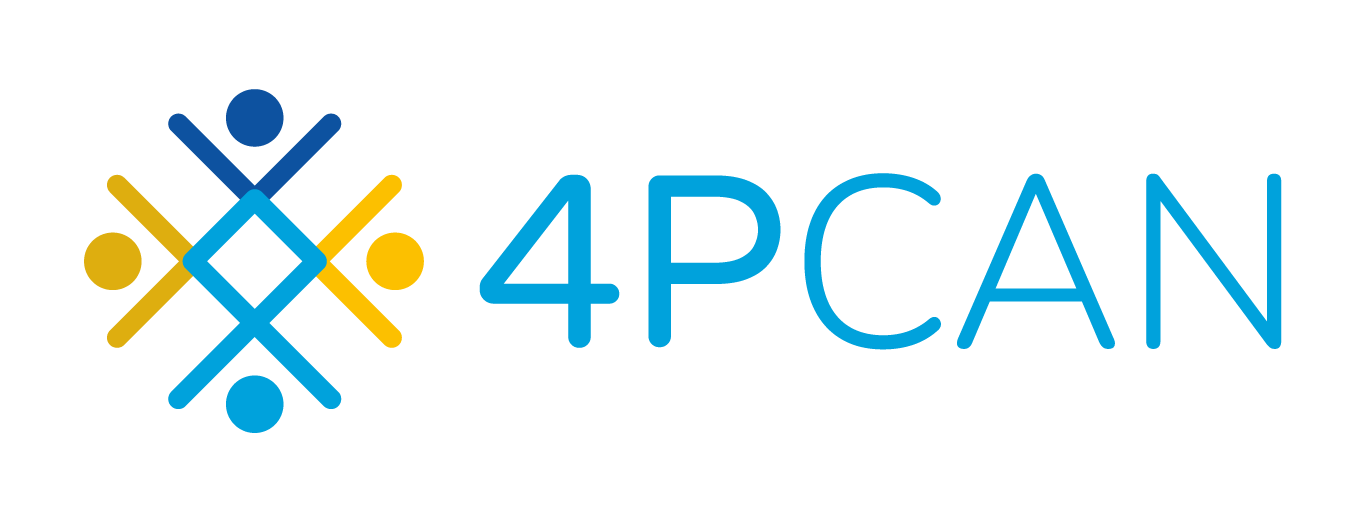Ahead of World Cancer Day on 4th February 2024, the World Health Organization (WHO) has projected a daunting 75% rise in global cancer cases by the year 2050. The International Agency for Research on Cancer, the WHO’s cancer arm, released the latest figures illustrating the escalating cancer burden worldwide.
From 14.1 million new cases and 8.2 million deaths reported globally in 2012, the numbers have soared to 20 million new cases and 9.7 million deaths a decade later. Shockingly, the projection for 2050 foresees more than 35 million new cancer cases—an alarming 77% increase from 2022 levels. The death toll is expected to nearly double, surpassing 18 million.
Major contributors to this surge include tobacco use, alcohol consumption, and obesity, coupled with the challenges posed by population ageing and growth. While the highest-income countries are anticipated to witness an additional 4.8 million new cases in 2050, lower-income countries are poised to experience the most significant proportional increases, with cancer mortality in these nations projected to nearly double.
Dr Freddie Bray, head of the IARC’s cancer surveillance branch, told the Guardian that the impact of this surge won’t be uniform, stating, “Those who have the fewest resources to manage their cancer burdens will bear the brunt of the global cancer burden.”
Inequities persist, notably in breast cancer, where women in lower-income countries are 50% less likely to be diagnosed than their counterparts in higher-income countries. This disparity places them at a significantly higher risk of death due to late diagnosis and limited access to quality treatment.
The 4P-CAN project aims to identify various barriers, including legislative, socio-economic, commercial, and behavioural factors, that impede the widespread adoption of cancer prevention measures. Specifically targeting Central and Eastern Europe, the project aims to uncover and address these barriers to reduce inequalities in cancer prevention, fostering a more equitable landscape for European citizens.

